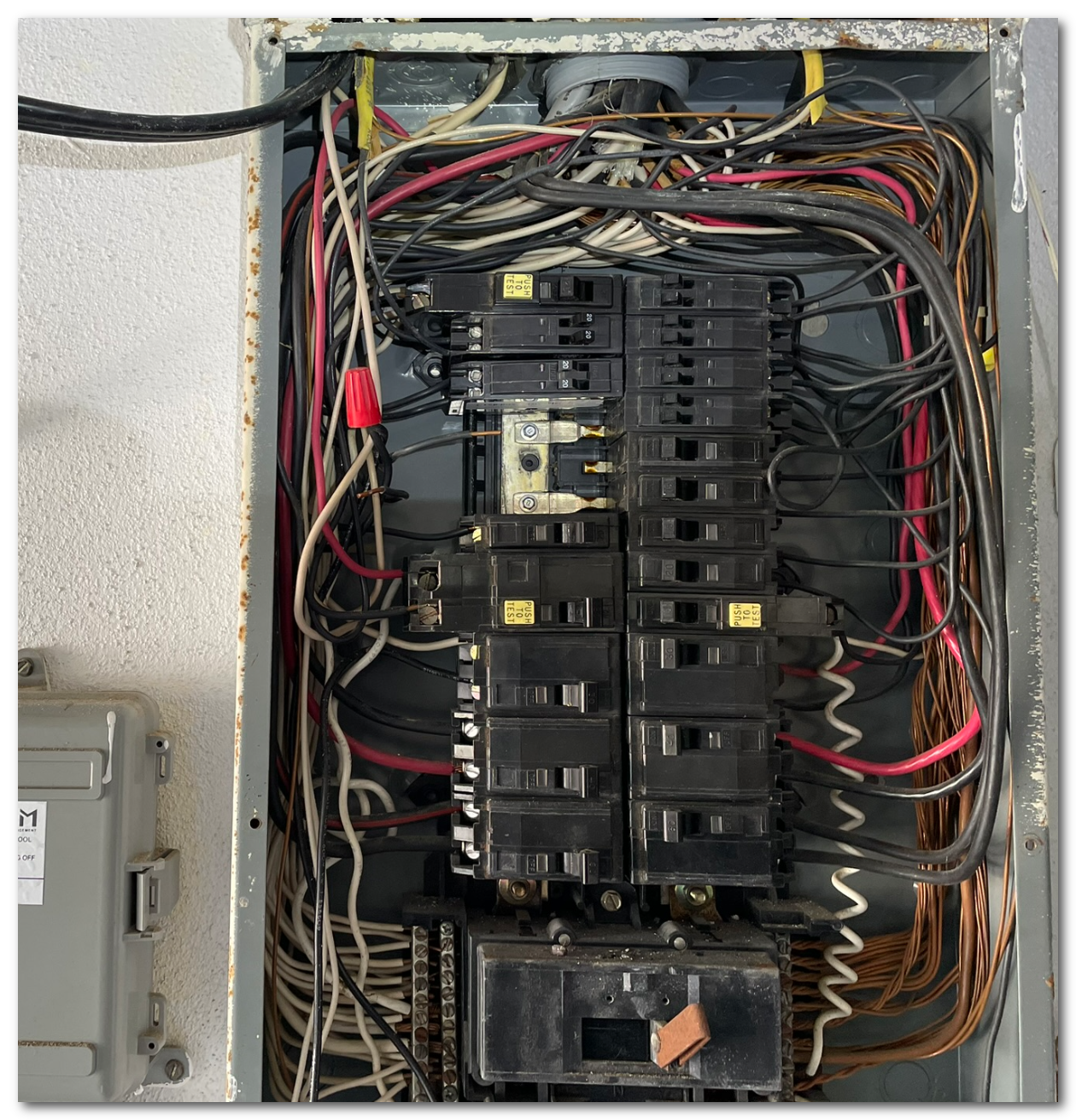Moderator note:
Do we need a separate thread to discuss backup power generation, switching, and installation? We're getting off topic in this thread.
doug293cz
HBT Moderator
Do we need a separate thread to discuss backup power generation, switching, and installation? We're getting off topic in this thread.
doug293cz
HBT Moderator










![Craft A Brew - Safale S-04 Dry Yeast - Fermentis - English Ale Dry Yeast - For English and American Ales and Hard Apple Ciders - Ingredients for Home Brewing - Beer Making Supplies - [1 Pack]](https://m.media-amazon.com/images/I/41fVGNh6JfL._SL500_.jpg)















































